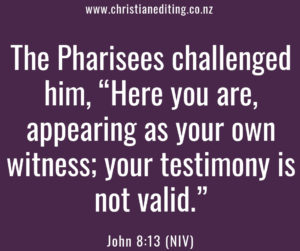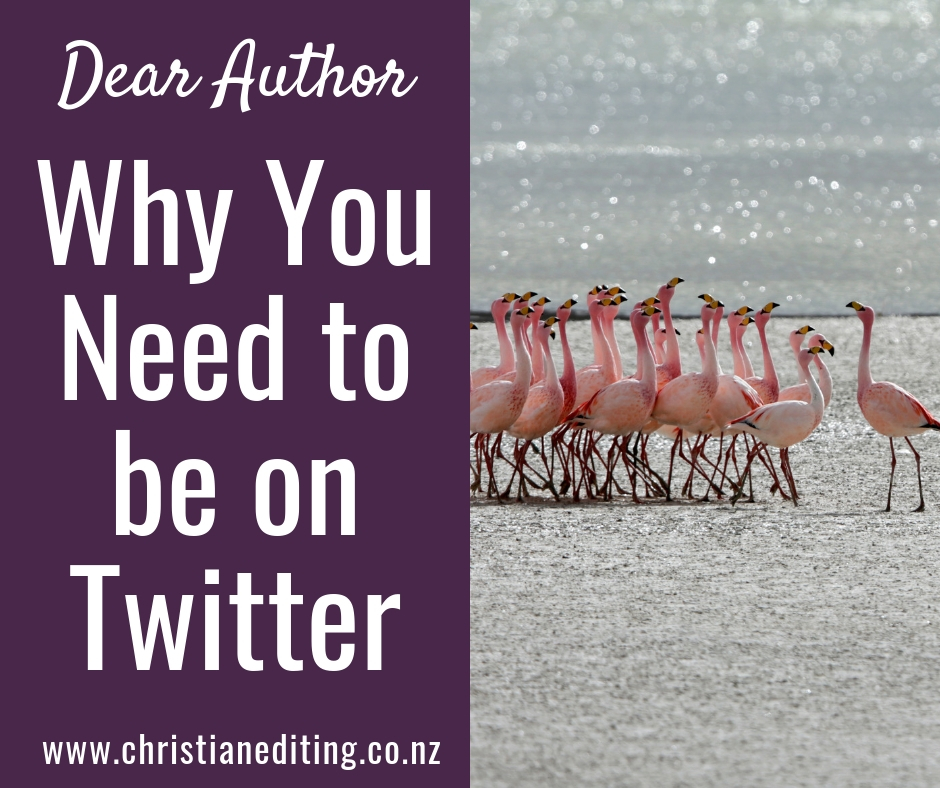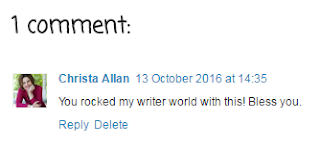As many of you probably know, I review books. Lots of books—over 1,000 between my author website and my old Blogger site. Some are for books I loved, some for books I loathed, and some for books which were good books but not spectacular.
I review on my blog, and copy the reviews to other sites such as Goodreads, Amazon, Christian Book Distributors, Koorong Books, and Riffle. I also share a lot of my reviews on social media—Facebook, Google+, Pinterest … and Twitter.
And when I share a book I loved, I want the author to know about it.
That’s not me being egotistical. It’s me being practical: authors love reviews, especially positive reviews. It encourages them.
But I want my favourite authors to be writing, not stalking Amazon and book blogs looking for reviews. So when I post a review to Twitter, I like to tag them in the review so I can be sure they’ll see it when they do check. It also brings my review to the attention of other people looking at the author’s Twitter feed.
(Tip: only tag the author in positive reviews. It’s fine to write a critical review if you didn’t enjoy a book. But you don’t have to point it out to the author.)
An author will often share my tweeted review, potentially bringing it to the attention of more readers. Well, why wouldn’t they? They want reviews, especially positive reviews. They want their current and potential readers to know about those reviews, in the hope that will influence more people to buy their book. This is a biblical principle:

If I say something about myself, it’s not valid. If you say it, it is … especially if someone else agrees with you.
There’s even an internet buzzword for it: user-generated content (or UGC).
That’s a simple way of saying they author (the producer) gets shareable content (Tweet, book review, meme) from users (me). Because me (or you) saying something positive about a book is more powerful than the author saying it herself. Or himself.
It’s self-promotion, but not the annoying kind. Sure, Twitter is full of authors spamming the feed with “buy my book!” promos every six minutes. That’s the annoying kind of self-promotion, because it’s all about the author. The beauty of user-generated content is it’s from the user. An author who retweets me is promoting me as much as she’s promoting herself.
But not every author is on Twitter.
Or if they are, they have weird names that means I can’t identify them. And that means I can’t tag them in my posts. It means they don’t benefit from my user-generated content. It means they’re missing out on me promoting them—which means they have to promote themselves. Probably by spamming.
To plagiarise Jane Austen, it is a truth universally acknowledged that authors hate promoting themselves.
Fine. I get that. But that’s not a good reason to avoid Twitter. It means you’re thinking about it the wrong way. Instead of thinking of Twitter as another social media network you have to be on to promote yourself, think of it like this:
Twitter is a way readers, reviewers and authors can find you and influence for you. And a way you can influence for promote readers, reviewers and other authors. #TwitterTip #WritersLife Share on X
Doesn’t that sound better? Pay it forward. Be relentlessly helpful. Make social media about other people, not you.
Some authors aren’t on Twitter because they think it’s going to be a lot of work. It’s not (or if it is, you’re doing it wrong). I’ll cover that in another post.
Meanwhile, if you’re not on Twitter, why don’t you head over there and set up an account?
While you’re there, follow me (@iolagoulton). Then leave a comment with your Twitter user name so I can follow you back (if I don’t already), watch for your Tweets and retweet you. If you’re on Twitter … well, that’s even more reason to follow me!




Excellent post, Iola. Too many authors either spam their book links only (yawn), or only engage with other writers exclusively, and then complain about all the book spam. This makes me laugh, because Twitter is a wonderful way to connect with readers and listen to them – something many writers don’t do (or don’t take the time to learn how to do).
Thank you for sharing your thoughts here and on my BadRedheadMedia.com blog on this topic. Twitter is truly great for writers (of any genre) if they learn how to use it correctly.
I find I see less of the book spam now that Twitter has improved their algorithm. Instead, I’m seeing posts about writing, and posts from authors about non-book related things (which is much more interesting, and far more likely to encourage me to check out their books).